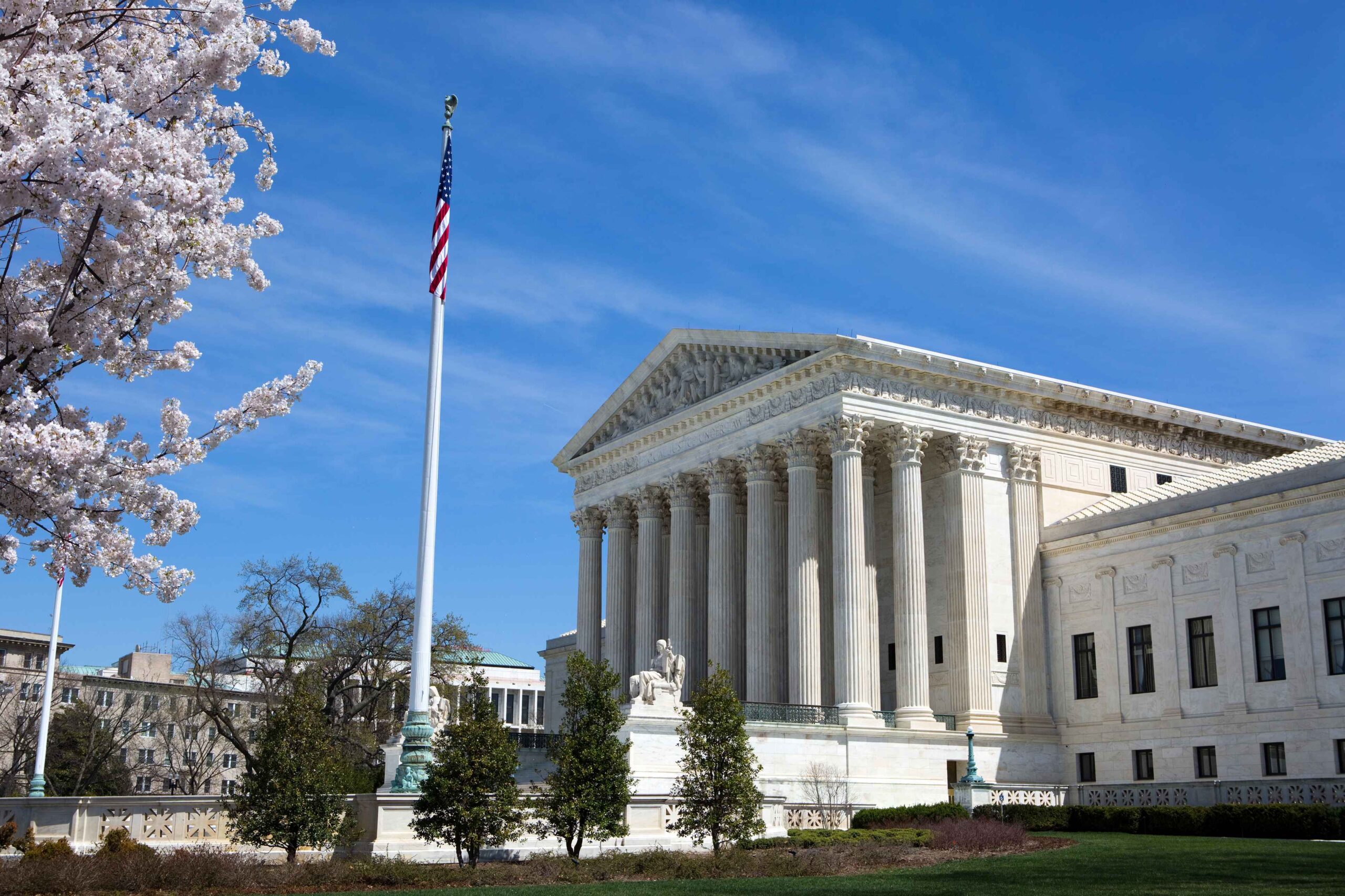U.S. Supreme Court Expands Manufacturers’ Duty to Warn
The U.S. Supreme Court ruled on March 19, 2019, that the manufacturer of an asbestos-free product has a duty to warn users if it knew (or should have known) that an asbestos-containing component would be later added to its product by another party. While the Court’s ruling in Air and Liquid Systems corp., et al. v. DeVries addressed claims under maritime tort law, its rationale could impact how courts treat non-maritime claims against manufacturers as well, and expand a manufacturer’s duty to warn.
The manufacturers in DeVries produced metal equipment for Navy vessels decades ago that, when installed, required asbestos insulation or parts to function as intended. When used on the vessels, the newly-combined products allegedly released asbestos fibers. The families of the veterans who were injured by the asbestos sued the manufacturers, claiming they knew the metal equipment was required to incorporate asbestos insulation yet failed to warn of the dangers. The plaintiffs based their claims on the “foreseeability rule” applied in a 2017 Third Circuit Court of Appeals decision, contending that the equipment manufacturers should have reasonably known and warned of the dangers. The manufacturers countered that they had no duty to warn based on the “bare metal defense” applied in a 2005 Sixth Circuit Court of Appeals decision, because they solely supplied parts made of metal, not the asbestos-containing insulation applied to the metal.
The Supreme Court resolved the conflict between the Sixth and Third Circuits. It specifically rejected the “bare metal defense” in the maritime tort context, but acknowledged that the foreseeability rule might be too broad in focusing on whether a product “may be” used with another product that was likely to be dangerous. The Court ultimately crafted its own basis for liability that fell between the rules applied by the Third and Sixth Circuits. It ruled that a manufacturer has a duty to warn when its product requires incorporation of a part into the final, combined product that the manufacturer knows or has reason to know is likely to be dangerous for its intended uses. To be liable, the manufacturer need not have, itself, incorporated the dangerous product: the Court specifically stated it is sufficient that (1) the manufacturer direct that the part be incorporated; (2) the manufacturer itself make the equipment with a part that it knows will require a replacement; or (3) the product would be useless without the part.
While the Court specifically restricted the application of its holding to maritime law cases, it is highly likely that future plaintiffs in non-maritime cases will seek to extend the reach and rationale of the DeVries ruling to advocate a broad duty to warn.


